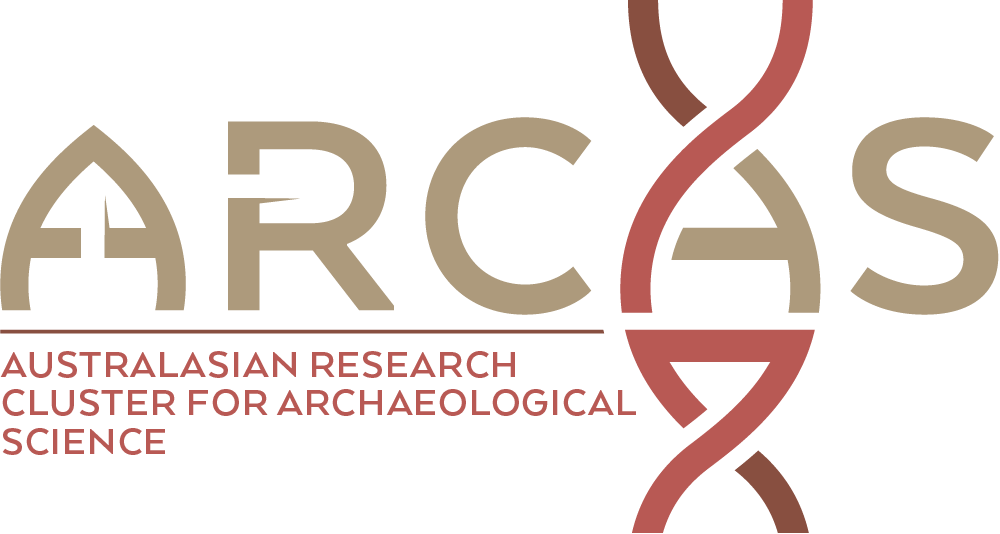Publication date: February 2017Source:Journal of Archaeological Science, Volume 78
Author(s): Rob Wilson, David Wilson, Miloš Rydval, Anne Crone, Ulf Büntgen, Sylvie Clark, Janet Ehmer, Emma Forbes, Mauricio Fuentes, Björn E. Gunnarson, Hans W. Linderholm, Kurt Nicolussi, Cheryl Wood, Coralie Mills
Dendroarchaeology almost exclusively uses ring-width (RW) data for dating historical structures and artefacts. Such data can be used to date tree-ring sequences when regional climate dominates RW variability. However, the signal in RW data can be obscured due to site specific ecological influences (natural and anthropogenic) that impact crossdating success. In this paper, using data from Scotland, we introduce a novel tree-ring parameter (Blue Intensity – BI) and explore its utility for facilitating dendro-historical dating of conifer samples. BI is similar to latewood density as they both reflect the combined hemicellulose, cellulose and lignin content in the latewood cell walls of conifer species and the amount of these compounds is strongly controlled, at least for trees growing in temperature limited locations, by late summer temperatures. BI not only expresses a strong climate signal, but is also less impacted by site specific ecological influences. It can be concurrently produced with RW data from images of finely sanded conifer samples but at a significantly reduced cost compared to traditional latewood density. Our study shows that the probability of successfully crossdating historical samples is greatly increased using BI compared to RW. Furthermore, due to the large spatial extent of the summer temperature signal expressed by such data, a sparse multi-species conifer network of long BI chronologies across Europe could be used to date and loosely provenance imported material.
